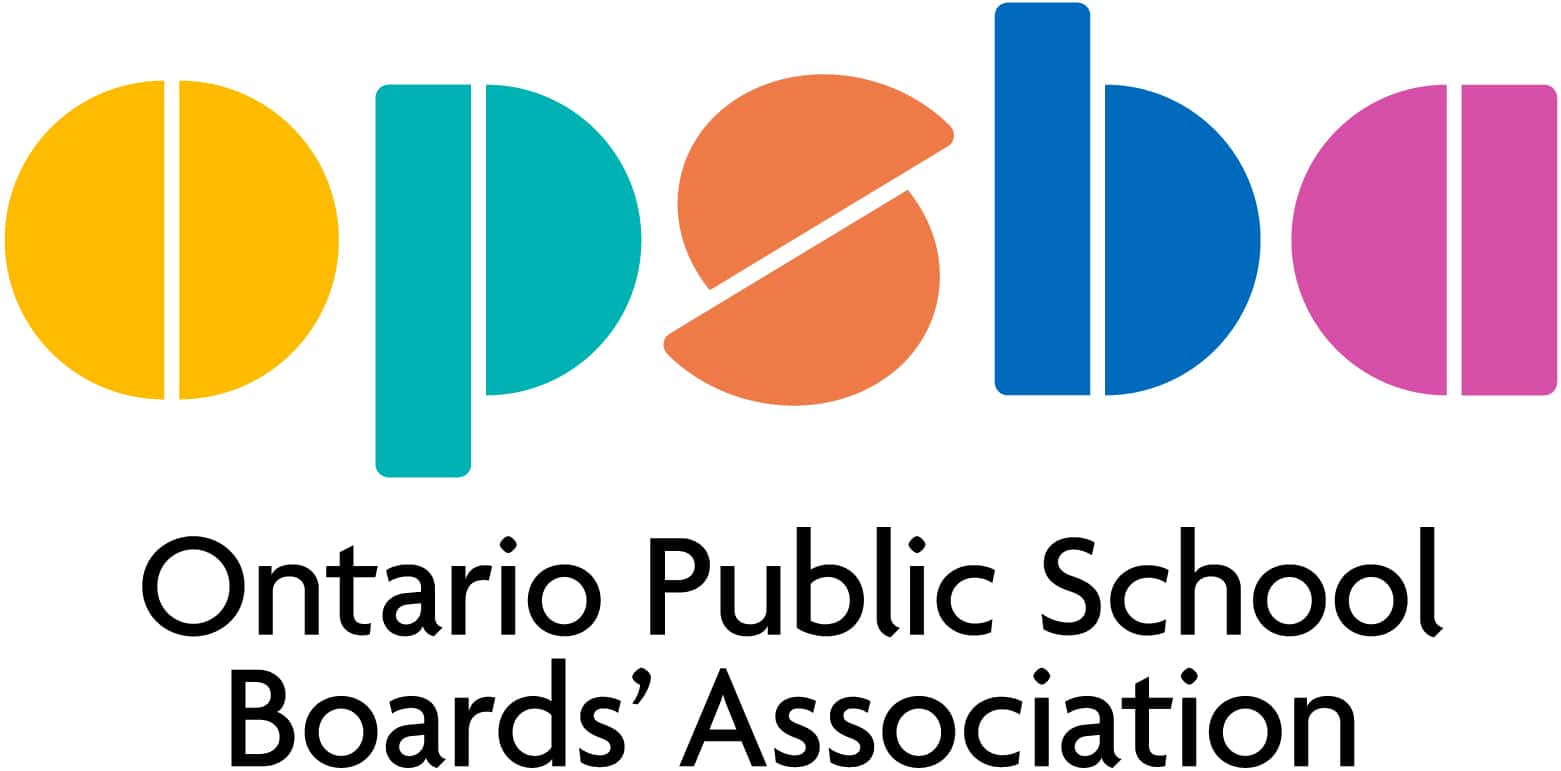
Photo Credit: istock.com/monkeybusinessimages
Parents are the First Teachers; Families the First Schools
By Kim Arnott
By the time their formal education begins, children have already experienced life’s most intense period of learning. Over the four years between helpless infancy and the kindergarten classroom, they master mobility, gain language and develop social skills. And experts agree that what they learn in those early years has a significant impact on their long-term success — both at school and in life.
During this crucial period of rapid brain development, parents are a child’s first teachers. Ideally, they mimic the earliest verbalizations and applaud the first tottering steps. They name the unknown, place crayons into small fists, and eventually explain why sharing with siblings is necessary. They model and guide, inspire and instruct.
“Parents play a critical role as the first and most important teachers,” says Ruth Sischy, manager of Parenting and Family Literacy Centres with the Toronto District School Board. “The influences of the family really set the trajectory for children’s lifelong learning.”
The importance of early learning has become increasingly evident. Research has shown that children who lag behind on developmental milestones at kindergarten entry are likely to continue to struggle as they move through the school system. That means educators who are seeking to boost long-term success for students need to focus their efforts and supports on helping parents be the best teachers they can be.
When it comes to encouraging brain development, responsiveness is crucial, says Jenny Jenkins, an early childhood development researcher and professor with the Ontario Institute for Studies in Education (OISE). In a recent study, she found that responsive parenting in the first few years of life helps build the language, attention and regulation skills necessary for school success.
Responsiveness involves engaging with children positively, meeting their needs, encouraging their interests and inspiring their curiosity. From mimicking an infant’s babbling, to helping a toddler name and explore the environment, to involving children in making dinner and other family activities, responsiveness is an approach to parenting that encompasses all interactions.
While it is an aptitude that comes more naturally to some parents than others, responsiveness is a skill that can be taught and improved upon, says Jenkins, the Atkinson Chair of Early Childhood Development and Education at OISE. Play-based family centres such as the Ontario Early Years Centres (OEYC) or the Parenting and Family Literacy Centres (PFLC) can be effective places for trained Early Childhood Educators (ECE) to model such behaviours as reciprocal play interactions.
But just as important, Jenkins says those types of centres can be effective resources for countering parental stress, isolation or anxiety that might inhibit responsiveness. “Centres give parents opportunities to be together, to be less isolated, to learn from one another and to support one another. And that whole community approach makes it much easier for the parent to be with the child and to be responsive to the child.”
That sentiment is supported by feedback gathered from parents in a 2012 survey undertaken by the Toronto DSB’s 76 Parenting and Family Literacy Centres. The vast majority of parents reported that the centres provided social and emotional support in the form of new friendships, an increased sense of community and a resource for parenting advice and strategies.
When it comes to helping children, society also needs to support parents, says Sischy. “If a parent is empty, if a parent is not mentally well and healthy, or is not feeling nurtured, they do not have the capacity to nurture their child. It’s about us nurturing the nurturer.”
In the Toronto survey, parents also reported that the centres improved their parenting skills, including their ability to help their child learn. “Through the intentional efforts of the PFLC, parents felt connected, equipped and empowered, enabling them to engage actively and positively in their child(ren)’s learning and development,” concluded the survey findings.
Three phases of research undertaken by the school board over the last 15 years have documented the positive impact the centres have on both children and their parents. Kids who attend the centres are significantly more school-ready than their peers who don’t. Follow-up with students has found that the academic and developmental benefits are evident into the elementary years.
That lines up with research which has found that participation in quality play-based early childhood education or care programs promotes school readiness, and encourages the development of literacy, numeracy and social skills. Parent or caregiver engagement in such programs also enhances school readiness.
Across most of the country, children’s readiness to learn at school is measured by use of the Early Development Instrument (EDI). A few months into the school year, kindergarten teachers assess children in five general domains: physical health and wellbeing; social competence; emotional maturity; language and cognitive development; and communication skills and general knowledge.
Province-wide collection of EDI data began in 2004, and a decade of statistics are now available to paint a picture of how the province’s youngest children are faring. As of 2015, nearly 30 percent of kindergarten students were found to be “vulnerable” — or to register below a standard score — in one of the five domains. The last decade has seen an improvement in language and cognitive development, as well as in communication skills and general knowledge. However, more children were found to show vulnerabilities in the other three domains in 2015 than in the 2004-2006 testing.
When used as a community-based measure, the EDI identifies areas of vulnerability in a population. Such data can be used in conjunction with census information and local statistics to make evidence-informed programming decisions for children and families, says Glory Ressler, director of education, training and data with Mothercraft.
For example, in response to EDI data indicating low neighborhood scores in the area of physical health and well-being, Toronto OEYCs added physical activity sessions, family yoga, music and dance programs, peer nutrition programs and community gardening.
However, while population data can be helpful in assessing and addressing community needs, the most effective way to support children is to establish meaningful relationships with families, agree the experts. “There’s not a parent in the world that doesn’t want their child to be successful and happy and competent in life,” says Sischy. “We need to win the parent over to understand that we hold hands for this child. It’s not the teacher-child relationship, it’s the teacher-parent-child relationship that is the most important in helping children succeed.”
Strong relationships begin with an understanding of the cultural, historical and social contexts surrounding a family, she says. Educators must recognize both a family’s abilities and its needs, then offer support that recognizes and respects where it is starting from and builds on its strengths.
Ressler agrees, noting that today’s ECE professionals are trained to see parents as key collaborators in the search for what is best for their children. “You need to build a relationship with parents so that you can learn about their child and bring your expertise to the table in a respectful way.” Positive relationships with educators help parents transition into the school setting feeling welcome and comfortable, and research has shown that involved and engaged parents improve a child’s chances of academic success.
Support for parents and children during the earliest years of learning aims to improve a child’s chances of long-term academic and life success. But in the search for those improved school results, Jenkins cautions against mistaking responsiveness for a flash-card mentality.
In a hyper-competitive global economy, toys or devices marketed to improve children’s intellectual development can be enticing. Although a 2011 provincially-funded survey of Ontario parents conducted by the Best Start Resource Centre found parents to be quite knowledgeable in the area of child development, it did discover mixed attitudes toward intellectual preparedness and special tools and toys for learning.
While 95 percent of parents surveyed agreed that social and emotional skills are as important for school readiness as intellectual skills, about one-third still felt that the use of flash cards and media and computer games would have a major impact on a child’s development from birth to three years.
Recommendations arising from the study include the need to reinforce the messages that special tools and products aren’t needed to support early brain development, and that stimulating activities do not always mean structured activities, as children learn naturally during play. “It’s not about grilling your kids at all; it’s not about setting out to stimulate or to increase their IQ,” says Jenkins. “It’s really about playfulness and engaging with children and enjoying them. As a society, we need to create opportunities where that can happen more.”
Kim Arnott is a Hamilton-based freelance writer specializing in education and legal issues.

